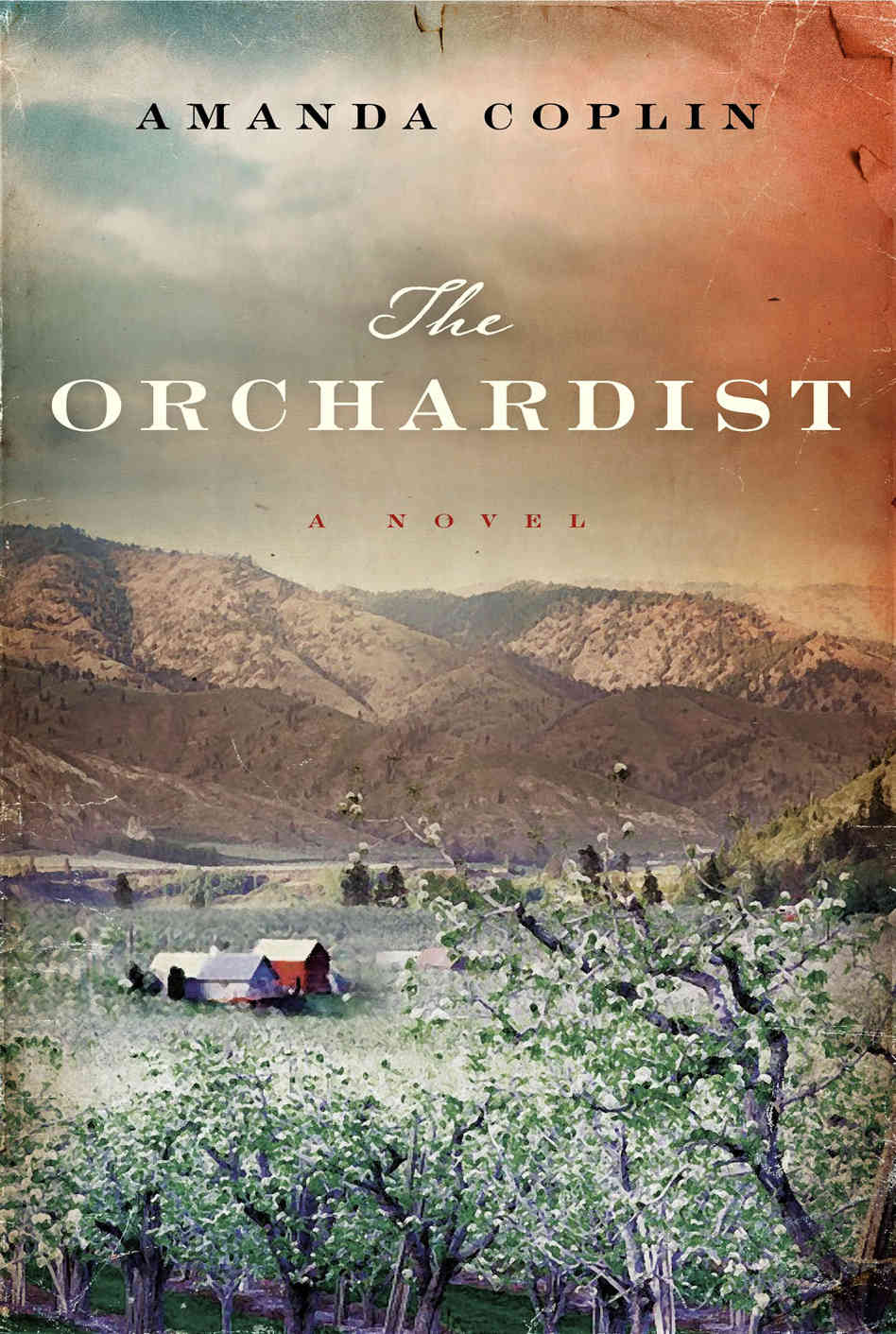Amanda Coplin’s debut novel, The Orchardist, is like one of those books you’re assigned in tenth grade English class. You know, the ones that feel important and heavy in your hands; the ones you struggle to fully appreciate when you are a teenager, but relish as you get older. The titles My Antonia, The Heart is a Lonely Hunter, and East of Eden spring to mind.
What lures you in about The Orchardist is its opening paragraph. Much has been written about this wonderful display of writing, but I am going to quote from it anyway: “His face was pitted as the moon. He was tall, broad-shouldered, and thick without being stocky…His ears were elephantine, a feature most commented on when he was younger…His nose was large, bulbous. His eyes were cornflower blue.” Those are just brief snatches of prose, but they are all in service of describing Coplin’s protagonist, William Talmadge—a solitary orchardist in turn of the 20th century Washington State.
Since the mysterious disappearance of his sister when he was a teenager, Talmadge has spent forty years living close to a hermetic lifestyle, save for visits to town and conversations with his lone friend, Caroline Middey. Talmadge’s way of life is disrupted one day when Jane and Della, two pregnant teenage sisters, appear in his orchard. The parties remain distant from each other, but Talmadge cares for the girls, even helping Jane give birth to a baby girl, Angelene. Della’s twins die in the womb. When the girls’ former brothel owner James Michaelson comes looking for them, it results in violence and and Jane’s death.
Talmadge attempts to raise Della and tries to teach her to take care of the infant Angelene, Jane’s daughter, as her own. But there is something untamable about Della, and she soon leaves home to start off on a path toward ruin. Meanwhile, Talmadge is left to raise Angelene and figure out how best to relay the secrets of her makeshift family.
After its stunning opening, The Orchardist settles down into simple, but effective prose. Coplin originally planned to tell the story out of sequence—and you can tell. The narrative unfolds in short, almost episodic chapters that seem to have been reorganized chronologically during the editing process. This presentation prevents the novel from settling into a truly engaging rhythm, even with the merits of its prose. The last third of the book at first feels rushed, but then drags out somewhat unnecessarily. Despite this, the climax is a well-staged and highly dramatic piece of writing that should cause any aspiring writer to take note.
The Orchardist is a novel full of craft and care. It’s evocative and it aches; it tells a story about the values of family and what it truly means to be alone. Don’t be surprised if one day your kid or your grandkid brings it home from freshman English, a puzzled look on his or her teenage face.![]()
